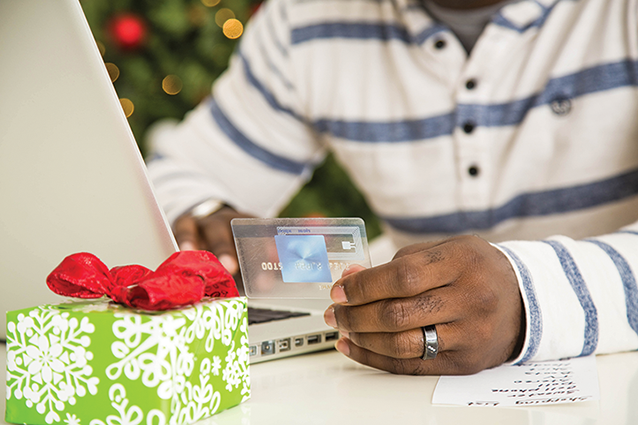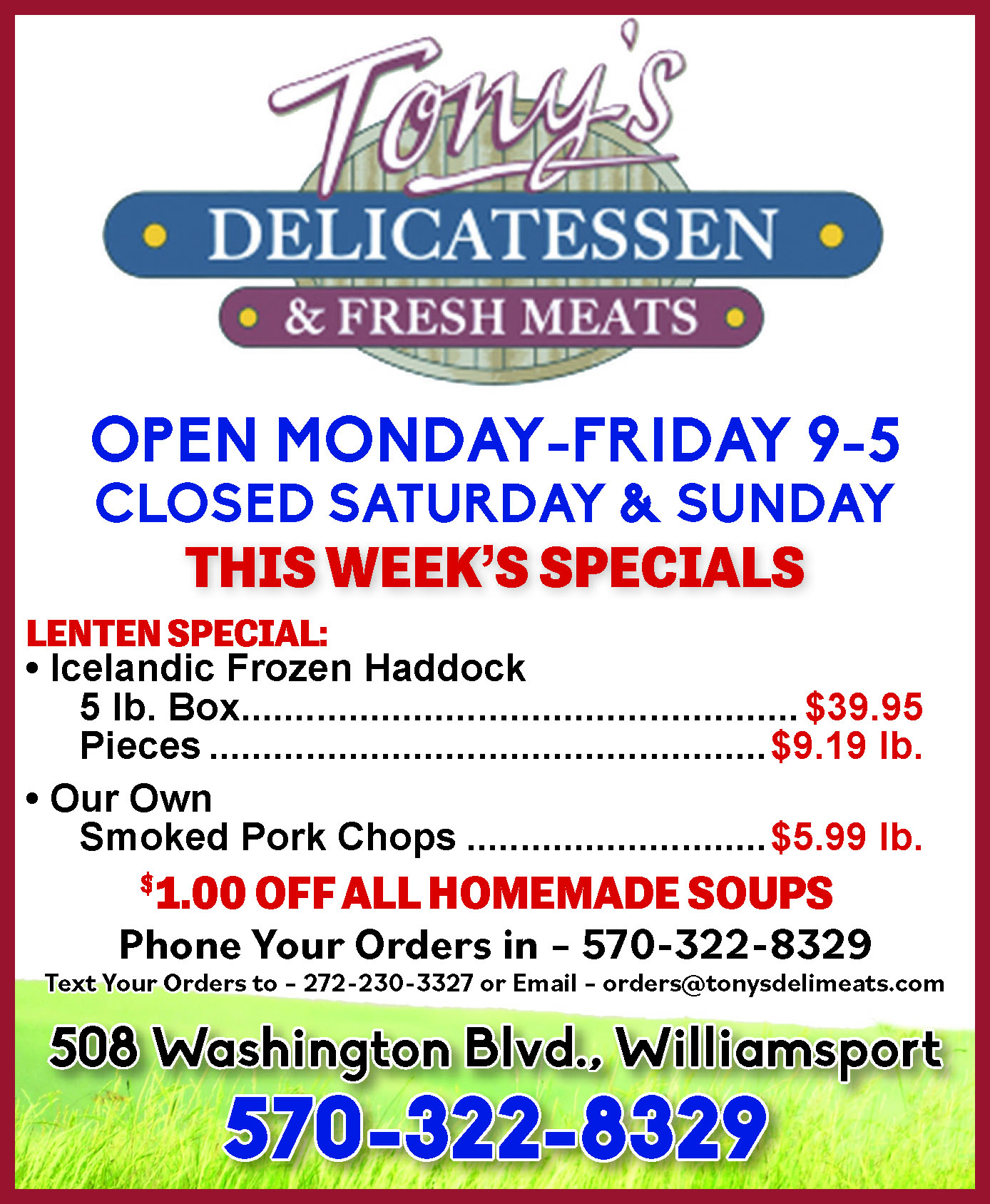Every year, on the fourth Thursday of November, Americans gather friends and family to sit down for an hour-long feast. That’s right, Thanksgiving dinner. A ready-made excuse to put on your stretchy pants, eat and drink to excess, watch football, and eventually pass out into what many people call a “food coma.” Food coma, or postprandial somnolence, may be characterized by sleepiness, moodiness, lethargy, brain fog, bloating, and other symptoms.
Historically, this sleepiness was blamed on the turkey that was often consumed as the main course due to its content of tryptophan. Tryptophan is an essential amino acid, which means that it is a building block of protein, and it is not produced naturally in the body. Therefore, tryptophan must be consumed through food. Because it is also linked to the production of serotonin, which is a neurotransmitter necessary for sleep, it got a bad rap when it came to feeling drowsy.
There are some problems with this theory, however. The first is that tryptophan is not found in turkey in any great quantity and can also be found in other food proteins. Second, tryptophan must compete with the same transport proteins as other amino acids to cross the blood-brain barrier, meaning that not all of it is getting through.
So, this begs the question, what is responsible for making millions of people want to take a nap on Thanksgiving? Interestingly enough, it’s probably not a drowsiness-inducing protein at all but rather the gluttonous volume of side dishes and desserts that are also consumed that cause this sleepiness.
Mashed potatoes, gravy, stuffing, tables of sweet potato and green bean casseroles, corn, and yeast rolls. Pies, cakes, cookies, and sugary drinks. The list goes on and on. This high carbohydrate meal or meals, combined with copious amounts of fat, is likely the cause of the Thanksgiving food coma. When we flood the body with carbohydrates, the pancreas is signaled to secrete insulin, a hormone that allows the uptake of glucose into cells and tissues. When we eat an excess of carbohydrates, we get a temporary “sugar rush,” and then we crash. In addition, studies indicate that the stretching of the small intestine from overeating also induces sleepiness. Think of this as the opposite of fight or flight — more like a rest and digest.
Fear not; you are not doomed to experience the Thanksgiving food coma. There are a handful of simple, common-sense steps to help you avoid feeling sleepy and foggy this Thanksgiving.
1. Eat smaller portions – If you are like me, your eyes light up like a Christmas tree when you see the endless meats, side dishes, and desserts. Don’t go crazy and load your plate to the ceiling. Instead, eat smaller portions, as most of the fatigue we experience comes from flooding the body with carbs.
2. Pace yourself – Along with eating smaller portions, you will want to eat slowly. As tempting as it seems to try everything all at once, go slow. Socialize and enjoy the company of friends and family.
3. Eat mindfully – Eating mindfully simply means to taste your food and be thoughtful about what you put into your body. Grabbing heaping spoonfuls of mystery casserole onto your plate just because it’s there is not eating mindfully. Rather, think about the food that you really want to eat. If there are many, serve small, tasting size portions. That way, you will get to try a little of everything without overeating.
4. Chew your food – This seems obvious, but when we are excited, we tend to take big mouthfuls, almost inhaling our meal. Instead, take time to chew slowly. You will get to experience the full flavor of the food and will also be able to better gauge when you are full. It will also cut down on feeling bloated.
5. Minimize alcohol – Alcohol is a depressant and will exacerbate the feeling of sleepiness when combined with overeating. So, keep alcohol to a minimum.
6. Stay hydrated – Drink mostly water on Thanksgiving. Water will help you to feel full. In addition, being dehydrated can make you feel fatigued and confuse your hunger cues, making you think you are hungry when, in fact, you are thirsty.
7. Go for a walk – Light exercise, such as a stroll after a large meal, can aid in digestion as well as redistribute blood flow to the rest of the body beyond the digestive system. In addition to being a healthy habit, walking after dinner can help give you energy and help you avoid feeling sleepy from overindulging.




